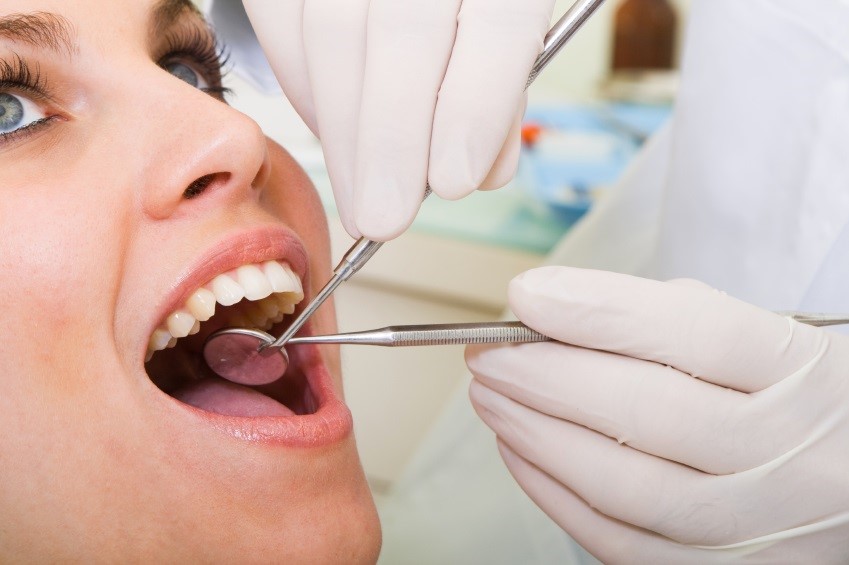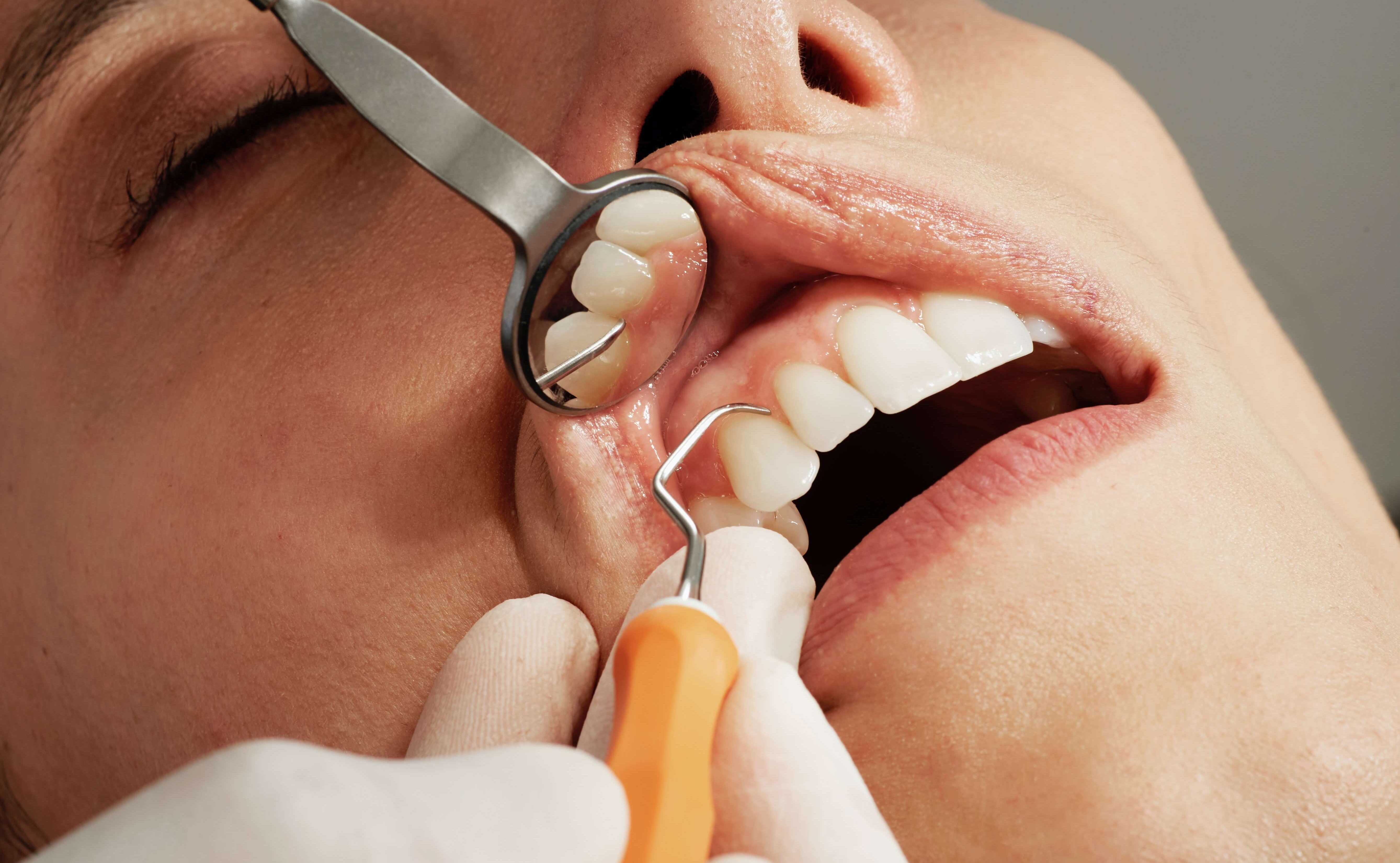Dental Checkups: What to Expect
A dental checkup is one of the most important steps you can take in maintaining oral health. Whether it’s your first visit to the dentist or you are a seasoned patient, understanding what to expect during your checkup can help ease any anxieties and ensure that you’re getting the most out of your appointment.
In this article, we will walk you through the typical steps of a dental checkup, discuss why regular visits are so important, and explain how they contribute to long-term oral health. Whether you need to schedule your next checkup or are simply curious about the process, this guide has you covered.

Why Are Dental Checkups Important?
Dental checkups are essential for maintaining a healthy smile and overall oral hygiene. Here are a few reasons why regular checkups should be a part of your dental care routine:
1. Early Detection of Dental Issues
Regular dental visits allow your dentist to identify early signs of tooth decay, gum disease, and other oral health issues. Catching these problems early means they can be treated more easily, often preventing the need for expensive or painful procedures later on.
2. Professional Cleaning
While brushing and flossing at home are crucial, professional cleanings are necessary to remove plaque and tartar buildup. Only a dentist or hygienist can perform a thorough cleaning to prevent cavities, gum disease, and other problems caused by hardened plaque.
3. Preventive Care
Preventive services like fluoride treatments and dental sealants can help protect your teeth and gums from damage and decay. These treatments are often part of your regular checkup and can offer an extra layer of protection against future dental issues.
4. Maintain Overall Health
Oral health is closely linked to general health. Poor dental hygiene has been associated with various systemic health issues, such as heart disease, diabetes, and even respiratory infections. By maintaining regular checkups, you’re also contributing to your overall well-being.
What Happens During a Dental Checkup?
Every dental checkup may vary slightly depending on your specific needs and the dentist’s procedures. However, most checkups will follow a similar structure, and it’s helpful to know what to expect when you sit in the dentist’s chair.
1. Review of Medical and Dental History
At the start of your visit, your dentist or hygienist will likely ask you about your medical and dental history. They may inquire about any health issues you’re currently experiencing, medications you’re taking, or any dental problems you’ve encountered since your last visit. This helps the dentist provide tailored care and track any changes to your health over time.
2. X-rays (if needed)
For many dental checkups, your dentist will take X-rays to get a detailed look at your teeth and gums beneath the surface. These X-rays help detect problems that may not be visible to the naked eye, such as cavities between teeth, bone loss, or impacted teeth. X-rays are typically done every 1-2 years unless you’re experiencing specific issues.

3. Professional Cleaning
The dental hygienist will perform a thorough cleaning, which includes:
- Scaling: Removing plaque and tartar buildup from your teeth and gums.
- Polishing: Giving your teeth a smooth and shiny finish, which helps prevent plaque from accumulating.
- Flossing: Ensuring the spaces between your teeth are clean and free from debris.
This step is crucial in preventing gum disease, cavities, and other oral health problems.
4. Oral Examination
After your cleaning, the dentist will conduct a full oral examination. This includes checking your teeth, gums, and tongue for signs of decay, gum disease, oral cancer, and other conditions. The dentist will also assess the alignment of your teeth and how your bite functions.
5. Discussing Treatment Options
If any issues are found during the examination or through your X-rays, your dentist will discuss potential treatment options with you. This may include fillings, crowns, root canals, or other restorative treatments. For patients without significant problems, the dentist will provide advice on maintaining optimal oral health.
6. Fluoride Treatment (optional)
If necessary, a fluoride treatment may be applied to strengthen your teeth and help prevent cavities. Fluoride is particularly beneficial for children and individuals at higher risk for tooth decay.
7. Scheduling the Next Appointment
Before you leave, the dentist will schedule your next checkup, usually in 6 months. Consistent visits are key to maintaining long-term oral health.

What to Expect After a Dental Checkup
After your dental checkup, you may feel great knowing that your oral health is in top shape. However, in some cases, you may experience minor discomfort, such as:
- Tooth Sensitivity: Your teeth may feel sensitive for a few hours after cleaning, especially if you have gum recession or have had a deep cleaning.
- Bleeding Gums: If you have gingivitis or gum disease, your gums may bleed slightly after your cleaning, but this should subside after a few hours.
If any major procedures were performed, your dentist will provide care instructions for proper recovery.
FAQs About Dental Checkups
Q1: How often should I go for a dental checkup?
A1: It’s generally recommended to visit the dentist every six months for a regular checkup and cleaning. However, some people with certain oral health conditions may need more frequent visits.
Q2: Does a dental checkup hurt?
A2: A dental checkup should not cause pain. You may experience some discomfort during the cleaning process, but it should be minimal. If you experience any pain, let your dentist or hygienist know, as they can make adjustments to ensure you’re comfortable.
Q3: Can dental checkups detect serious health conditions?
A3: Yes! During a routine dental checkup, your dentist will examine your mouth for signs of oral cancer, gum disease, and other conditions that can affect your overall health. Early detection is key to effective treatment.
Q4: What happens if I miss a dental checkup?
A4: Missing a dental checkup increases the risk of undetected dental issues. Small problems like cavities can worsen, leading to more expensive and invasive treatments later on. Regular visits help maintain good oral hygiene and catch problems early.
Q5: Do I need to brush and floss before a dental checkup?
A5: Yes, it’s always a good idea to brush and floss before a dental checkup. Your dentist will likely clean your teeth during the visit, but arriving with a clean mouth helps your dentist get a better look at your gums and teeth.
Conclusion
A dental checkup is a critical part of maintaining optimal oral health. By visiting your dentist regularly, you can ensure the early detection of any potential issues, maintain healthy teeth and gums, and enjoy a beautiful smile for years to come. If you’ve been putting off your next visit, don’t wait any longer—schedule an appointment today and take the first step toward better oral health.
By staying on top of your dental care, you’re not just improving your smile—you’re enhancing your overall well-being. Take charge of your oral health and protect your smile with regular dental checkups!

